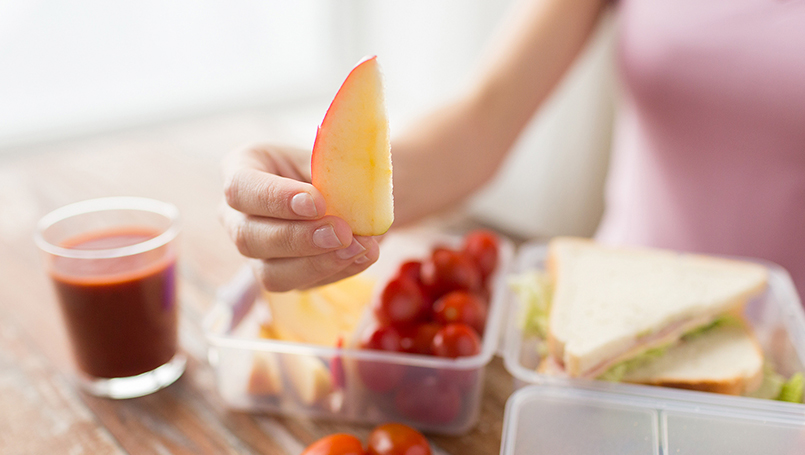Menu scheduling is an excellent way to ensure that you consume a well-balanced diet and fulfill your dietary requirements. Menu planning can also save you time & expense, as any thrifty chef understands. On BritainReviews, you can find diet meals delivered UK reviews which can help you in better decision-making.
Fundamentals of a healthy meal:
While some dietary changes may indicate differently, maintaining a healthy weight requires a combination of various elements in our menus. You don’t need to exclude any food groups from your food intake; instead, pick the best healthy choices from each group.
1. Protein
Protein gives you the ability to get up and go—and remain up—while also improving your attitude and executive skills.
2. Fat
Fat isn’t mostly the same. Good fats strengthen your internal organs, while bad fats can destroy your health and boost your cholesterol levels.
3. Fiber
Grains, berries, beans, peanuts, and veggies are highly nutritious, which can help you survive consistently and reduce the risk of heart attack, strokes, and hypertension. It can also lower cholesterol and boost your appearance.
4. Calcium
Not having enough calcium in your food can contribute to anxiety, depression, and sleeping problems, in addition to heart disease. That’s why keep calcium balanced in your diet.
5. Carbohydrates
Carbohydrates are one of your body’s natural key sources of energy because they can avoid rapid insulin spikes, attitude and strength swings, and fat accumulation, mainly near your midsection.
Benefits of Planning Meals:
Simply cooking at home quite often can have a significant effect on your wellbeing — and your wallet. You’ll know what your recipes will appear like and what you’ll need to get if you prepare ahead. This allows grocery purchasing more effectively and reduces the number of unscheduled visits to the store to pick up a few things. It’s much important to reduce unplanned buys when you have a shopping list in place, which is a natural consequence of successful meal preparation.
What you should know for planning a meal?
It doesn’t have to be difficult to prepare a menu. To start, make a list of some of your favourite foods. Are you preparing a meal for a family? Also, query them for meal suggestions.
Look through guidebooks or visit recipe blogs for more ideas. Download meals and menu-planning applications are now publicly available.
Plan your meals for the week ahead of time. Have some balanced sweets, as well as main courses and desserts. Make a shopping list of the items you’ll need once you’ve completed your content calendar.
Here are a few things to think about when selecting a menu:
- Check the date and time. Decide which evenings you’ll have the energy to cook and which nights you’ll only be reheating food scraps.
- Search for bargains. What’s on discount at the store this week?
- Look into your refrigerator. The can of peas in the edge of the pantry may be the basis for a variety of nutritious meals.
- Consider the seasons. What kinds of fresh fruits and vegetables are available at the moment of the year? Is it soup fall or salad time?
- Shake it up a little. Book some vegetarian chili meals or substitute a snack for lunch to keep the list fresh Differentiate between modern and traditional versions.
- Consider the surface. Consider the fact that halves of your plates should be vegetables and fruits, half should be healthy fats, and the remaining of your plate should be wheat, ideally whole wheat flour, while you prepare each dinner.

